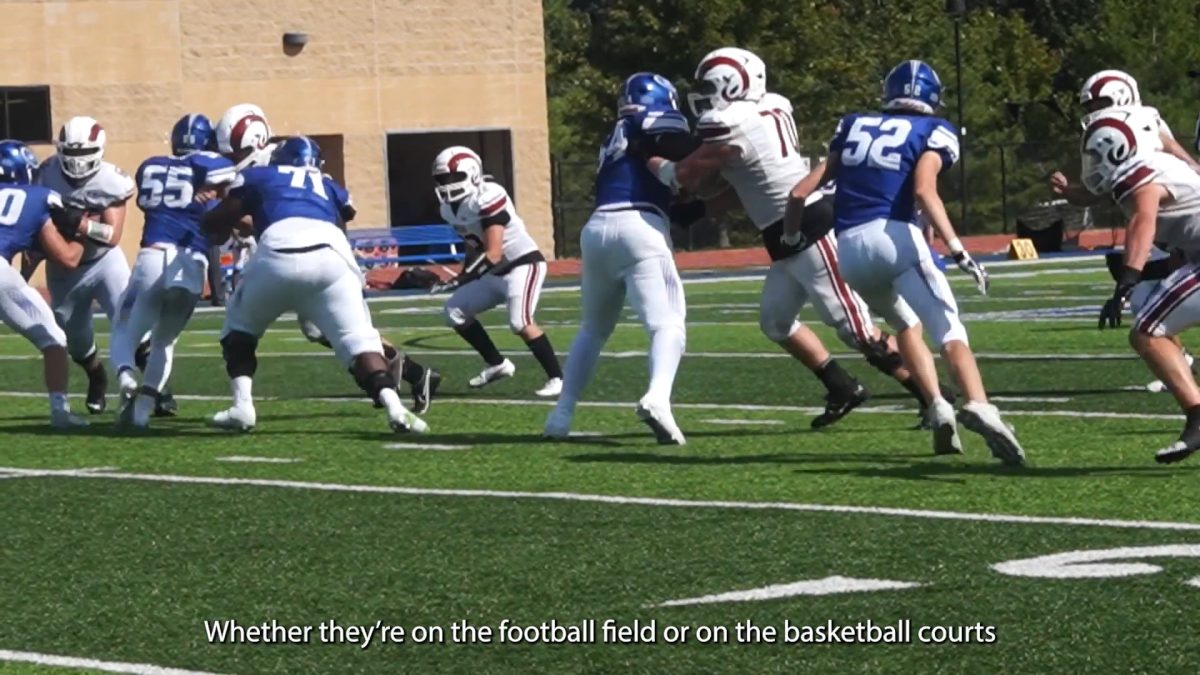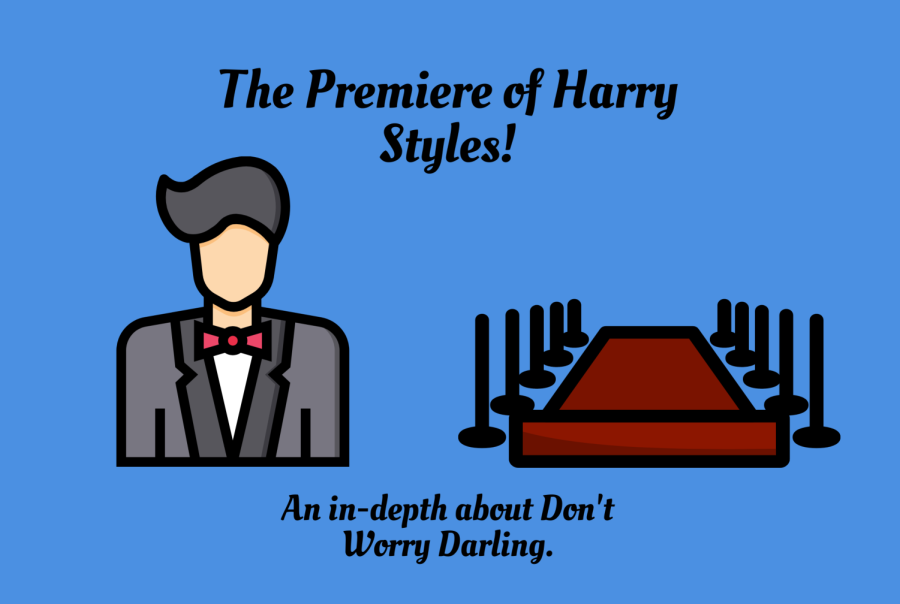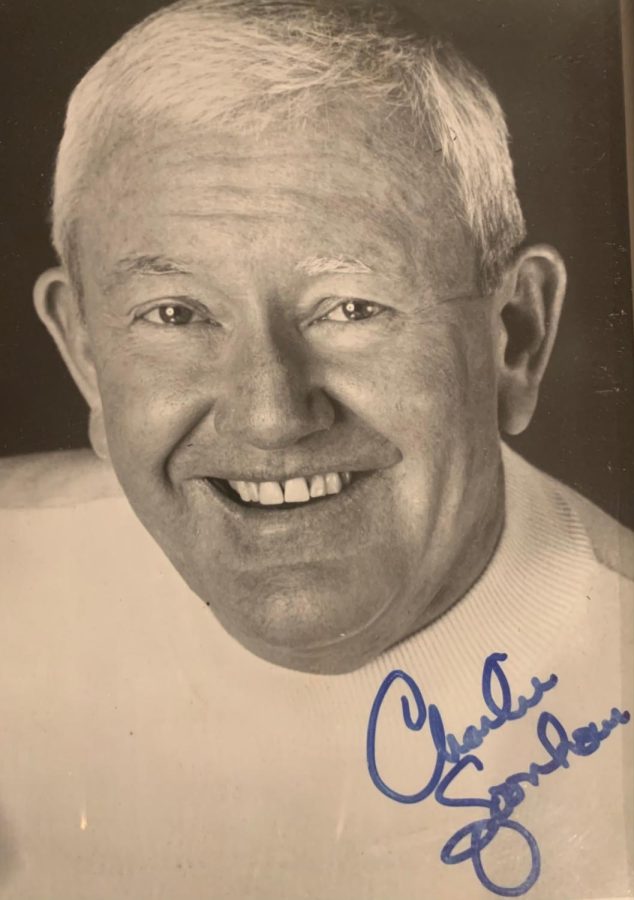I think it’s fair to say that the majority of WCA constituents (students, parents, teachers, staff) place a greater emphasis on academics and athletics than the fine arts. In fact, there was a school-wide survey given a couple of years ago that supports that idea that the arts are generally lower on the WCA totem pole than academics and athletics.
Why is it that the fine arts seem to get short shrift here? How much of WCA’s problem is simply an outgrowth of America’s devaluation of the arts?
What can be done about it? If one agrees that WCA’s priorities are somewhat out of balance with respect to academics/athletics/arts, then how do we as a school go about changing our priorities?
To the first question I would argue that WCA’s priorities are in need of mending. As one who has devoted his life to the study of music I can say that many of the people I come into daily contact with have a distorted view not only of what art is, but of the place that art can and should occupy in a person’s life.
I agree with Leo Tolstoy’s definition of art as “the transmission to others of a special feeling experienced by the artist” (Tolstoy, What Is Art). For Tolstoy, the deepest and richest emotions are passed down from person to person, and generation to generation, through art. Art is the language of emotion. Art is the way that enriching emotions are communicated. Art is important because emotions are important.
What are we missing out on when we choose not to study the arts? The average American would (sadly) answer, “Not much.” But if Tolstoy’s view is correct then we are missing a tremendous amount. The person who avoids involvement in the arts rejects the richest experiences and emotions mankind has to offer. He/she is actually rejecting much of what it means to be human in the fullest sense of that word. The resulting poverty of emotion and intellect is a sadder state than financial poverty.
Why is it that the average WCA constituent doesn’t attach greater importance to the fine arts? The situation is complicated, and there are many in our community who are deeply committed to the arts. But I believe that to a degree WCA is simply mirroring the larger American culture.
A strange inversion of values exists today with regard to Americans’ attitude toward the arts. In modern America the very best things that life has to offer are not only devalued but also stigmatized. We need to start questioning whether fast-food quality art and music are really providing us with the intellectual and emotional nourishment we need.
I say that studying an art form is one the most practical things anyone can do. In their book, Welcome to Your Brain, Neuroscientists Sandra Aamodt and Sam Wang state that one of the best ways for a student to enhance his/her performance in school is to learn to play a musical instrument while young. Another practical benefit of studying art is that art educates the imagination, which is an enormously practical tool. Without the human imagination the only problems we could solve would be the kinds of problems that are solved more quickly and accurately by computers.
One common misconception I hear in various forms here at WCA is that sports and fine arts are somehow at odds with one another. “Oh, he’s a sports guy. He’s not a musician.” Or vice-versa.
Sports and the fine arts are complementary pursuits. They each have some very similar goals such as learning how to fine-tune the emotional and instinctual parts of the brain, which are very closely connected. Whether you are sitting in the middle of an orchestra or are running in the middle of a football field there are so many variables in play that it is impossible to consciously think about everything that is going on around you all at the same time. The problems that must be solved are so complex that there is simply no time to rationally think through a series of steps to reach the best course of action. The solution: learn (though a great deal of practice) to listen to the emotional/instinctual part of the brain.
The people who tend to dismiss the more complex and interesting forms of art in favor of pop art rarely think about the fact that they have passively allowed those preferences to be shaped by pop art. It takes some mental energy to question the pop art values that are constantly being pushed on us. But as soon as a person begins to question pop culture’s assumptions regarding what’s good and bad, that person is already on her way toward enjoying more imaginative, healthy and vital forms of art.
I don’t think that everything in pop art or pop culture is bad. Some of it is good. But you have to develop criteria for telling the difference. One place to start is to ask questions about what’s good and bad in popular art. If it’s good, articulate what makes it good. If it’s bad, where does it fall short?
Read what experts have to say about the subject. Tolstoy said that good art has these three qualities: simplicity, clarity, and brevity. He also said that a good work of art will be put together is such a way that to rearrange, add or delete any material would damage the work. Aristotle said that for art to be good it had to display both unity and variety. Does the art you are watching/listening to/reading hold up under these criteria? My point is not that you have to agree with these writers. My point is you should read and think about the problem for yourself.
Take arts-related classes. My recommendation is to pick an art form that appeals to you (painting, drama, dance, music, poetry) and stick with it. Immerse yourself in the details of that art form. I think that deep study of one art form is going to give you a much better feeling for art in general than to take the “I’ll try a little bit of everything” approach.
Hugh Jones
Fine Arts Department Chair









